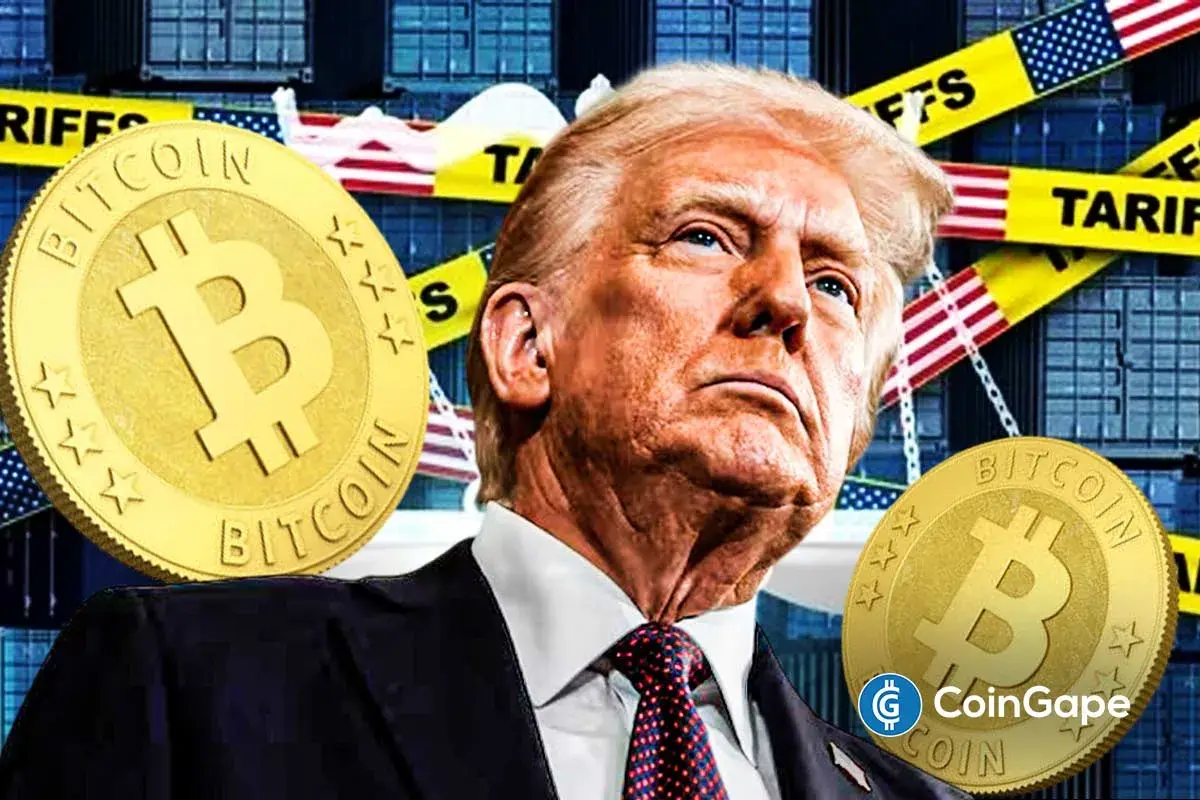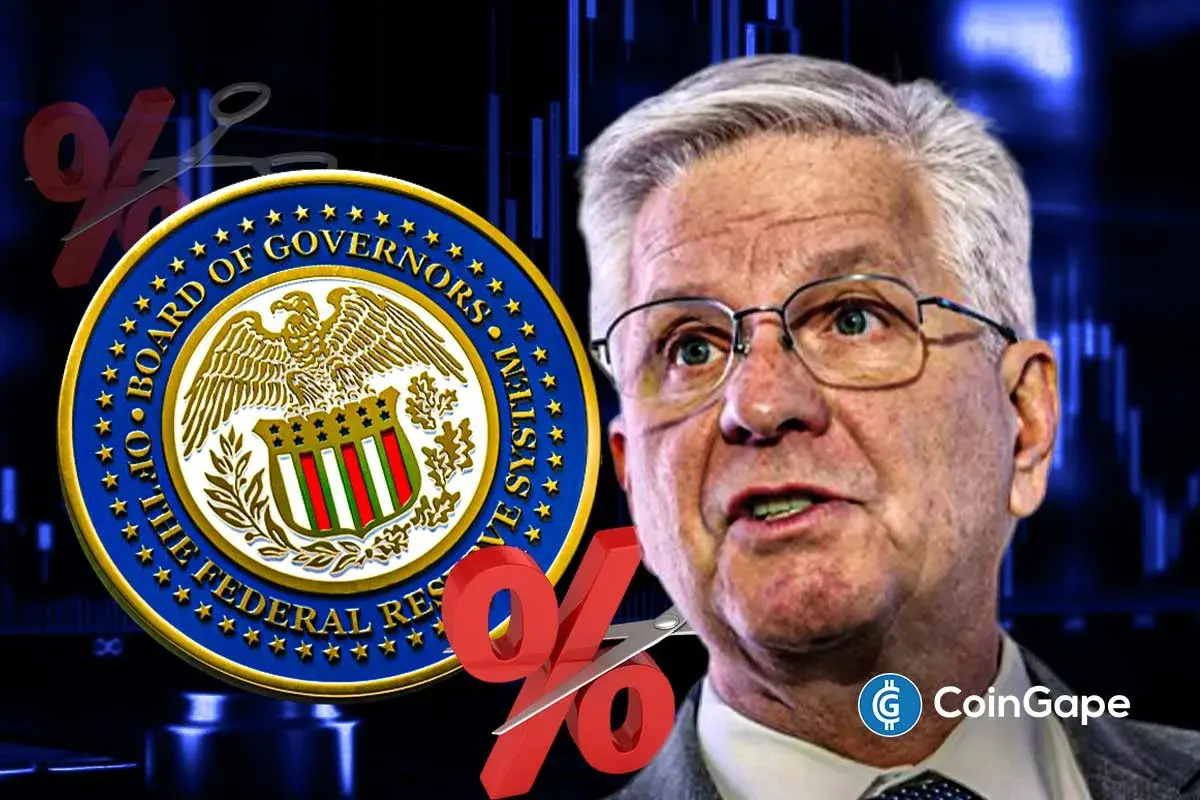China Raises Crypto-Led Corruption Concerns in New Bribery Cases

China is facing a new wave of corruption involving cryptocurrencies, local paper LegalDaily on Monday. The translated report emphasizes the use of encrypted digital currency, cloud transfer, e-gift cards, and cold storage for illicit transfers in bribery cases.
Once the bitcoin mining capital of the world, China has been developing strategies to eliminate illicit cryptocurrency practices. The Chinese government has played a tight hand in eradicating “financial misconduct.” Recently, Zhao Dong, a prominent figure in the cryptocurrency world, was handed a seven-year prison sentence by China’s Supreme Procuratorate for operating cross-border crypto transfers illegally.
China’s ‘cold storage’ problem
The state is raising alarms about new payment methods that have emerged in the internet era and provide hidden channels to officials for fund transfers. Meanwhile, experts reportedly weighed in the 2023 annual meeting of the China Integrity and Legal Research Association around the topic.
Zhao Xuejun, an associate professor at Hebei University Law School, discovered that corrupt individuals are increasingly using encrypted digital currency’s ‘cold storage’ method to evade online investigations. The expert also raising concerns of money laundering by using the funds for cross-border transfers.
The paper quoted Liao Tianhu, deputy dean of the School of Law at Southwest University of Science and Technology. Tianhu acknowledged that new payment methods like virtual currencies and electronic gift cards provide hidden channels for transmitting bribes. Tianhu pointed out the dual challenge of these methods: while they possess property attributes and material value, their anonymity makes corruption more concealed and difficult to investigate.
The country has reportedly been amending its existing criminal laws to ensure control over hidden corruption. Based on reports, it recently added punishment for those who offer bribes.
According to Peng Xinlin, a professor at Beijing Normal University Law School, the nature of these new corruption forms—indirect and concealed—makes them tough to detect. The professor emphasized that even under heavy anti-corruption measures, gaps in the system still allow for personal gain.
Experts at the meeting argued for expanded bribery crime legislation and improved anti-corruption technology. They suggested targeting key areas prone to corruption by plugging digital loopholes.
- Michael Saylor Says Quantum Risk To Bitcoin Is a Decade Away, Describes it as ‘FUD’
- White House Proposes Stablecoin Rewards Compromise as CLARITY Act Odds Drop to 44%
- Trump’s Board Of Peace Eyes Dollar-Backed Stablecoin For Gaza Rebuild
- Trump’s World Liberty Financial Flags ‘Coordinated Attack’ as USD1 Stablecoin Briefly Depegs
- Trump Tariffs: U.S. Threatens Higher Tariffs After Supreme Court Ruling, BTC Price Falls
- COIN Stock Risks Crashing to $100 as Odds of US Striking Iran Jump
- MSTR Stock Price Predictions As Michael Saylor’s Strategy Makes 100th BTC Purchase
- Top 3 Meme Coins Price Prediction As BTC Crashes Below $67k
- Top 4 Reasons Why Bitcoin Price Will Crash to $60k This Week
- COIN Stock Price Prediction: Will Coinbase Crash or Rally in Feb 2026?
- Shiba Inu Price Feb 2026: Will SHIB Rise Soon?

















